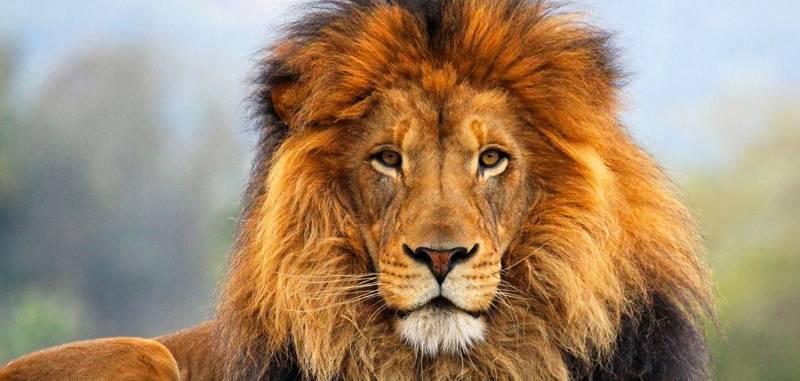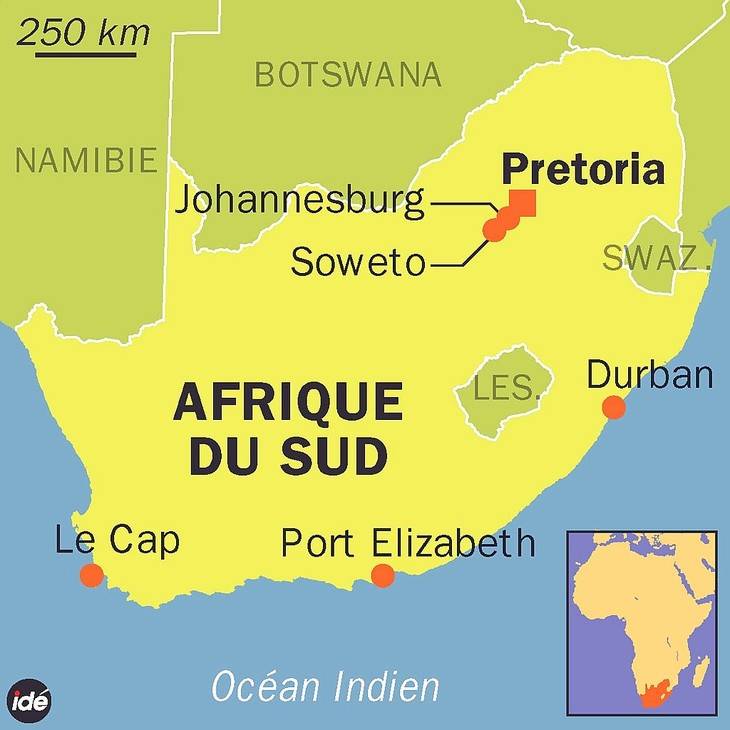
To be perfectly honest, maybe you will learn like us that South Africa has been raising lions in captivity for years, first to be cuddled by tourists when they are young and then to be, then. , delivered as pasture to hunters when they are adults.
Well yes, it does. It was not until May 2, 2021 that this practice became the subject of a law. This is just announced by the South African Minister for the Environment, Barbara Creecy. Indeed, she reported the recommendations of a commission charged by the government to look into the rules governing and governing the hunting, trade and captivity of lions, elephants, rhinos and leopards. “We need to stop and reverse the domestication and captive breeding of lions. We no longer want captive breeding, hunting (animals raised) in captivity, cuddling (lion cubs) in captivity, use of lions in captivity ”, adding that the commission asked that the measure be“ taken ” immediately to put an end to interactions between tourists and captive lions ”.
What do we owe this sudden change, this sudden desire to act quickly? . Certainly not an outburst of good conscience or a concern for animal welfare. The activity is far too lucrative for both breeders and the tourism sector. More likely international pressure and that of various NGOs protecting animals. Indeed, many countries around the world have rebelled against these practices of hunting animals raised in cages as well as the importation of lion trophies. According to associations, between 8,000 and 12,000 lions are thus raised in cages on nearly 350 farms in South Africa. They are intended exclusively for enclosure hunting, the bone trade, tourism and scientific research. The NGO Endengerd Wildlife recalls, for its part, that only 3,500 lions currently live in the wild in the country.

Geo Point:
South Africa
Capital: Pretoria
Population: 58.56 million inhabitants.
Area: 1.221 km²
Currency: South African Rand
Common borders: Namibia, Botswana, Swaziland, Eswatini, Lesotho, Mozambique, Zimbabwe.
However, the Minister insisted that: "The intention here is to ensure that tourists interested in authentic hunting of wild animals do not go hunting animals that have been taken out of a cage". Therefore, in order to preserve its authenticity, South Africa reassures by recalling that the decision of May 2 does not concern legal hunting. She specified: "Legal and supervised hunting of emblematic species permitted by the regulatory framework will continue to be authorized".
So here we are reassured. In chosen terms and not those which come spontaneously from the heart and the guts, we will say that the tourist and his big gun will be able to continue to kill legally.
But that's not all. The committee also recommended the phasing out of captive rhino breeding. She asked to study options on the future use of rhino horn stocks. Trade which is, however, the subject of a moratorium since 1977.
80% of the world's rhino population is found in South Africa and over 300 rhino breeders. And just like the elephant, the rhino is in great danger. Indeed, its horn is very popular in Asia for its so-called therapeutic virtues.
But South Africa does not have a monopoly on recreational hunting. Far from it. It is found in many countries. In France for example, Madline Reynaud, director of the Association for the protection of wild animals (ASPAS), considered, some time ago, that the practice is commonplace: “All hunting associations have recourse to releases. The hunters do not want to arrive on the opening day of the hunt and have nothing to shoot ” . Millions of animals are raised in cages each year before being released into the wild for the benefit of hunters. She adds: “It is a market that is doing well: the breeding of birds for the benefit of hunters is very successful. A few days or even hours before their "hunting parties", professionals release these animals into the wild to make sure that the hunters concerned cannot return empty-handed. "
Even if we are to rejoice at the decision of the government of South Africa yesterday, giving the animals a little respite, we still cannot help but feel a deep sense of unease and say to ourselves that all this is as sickening as it is revolting.
Posted on 2021-05-03 12:07








Comments